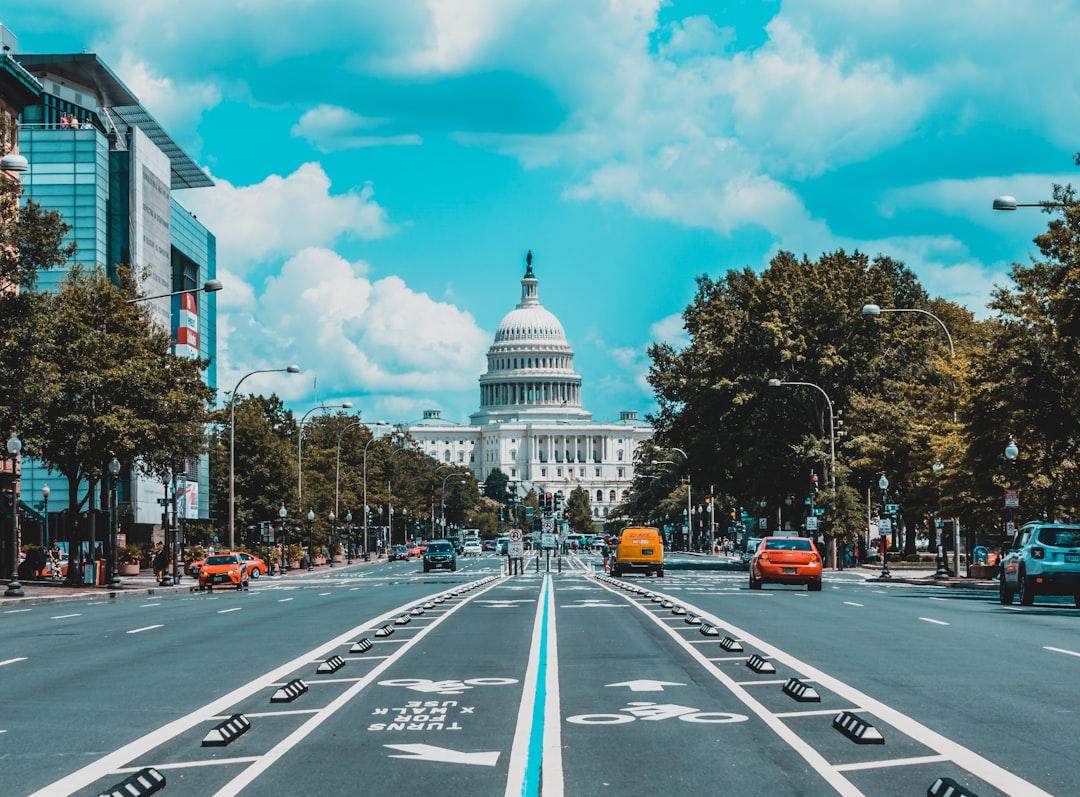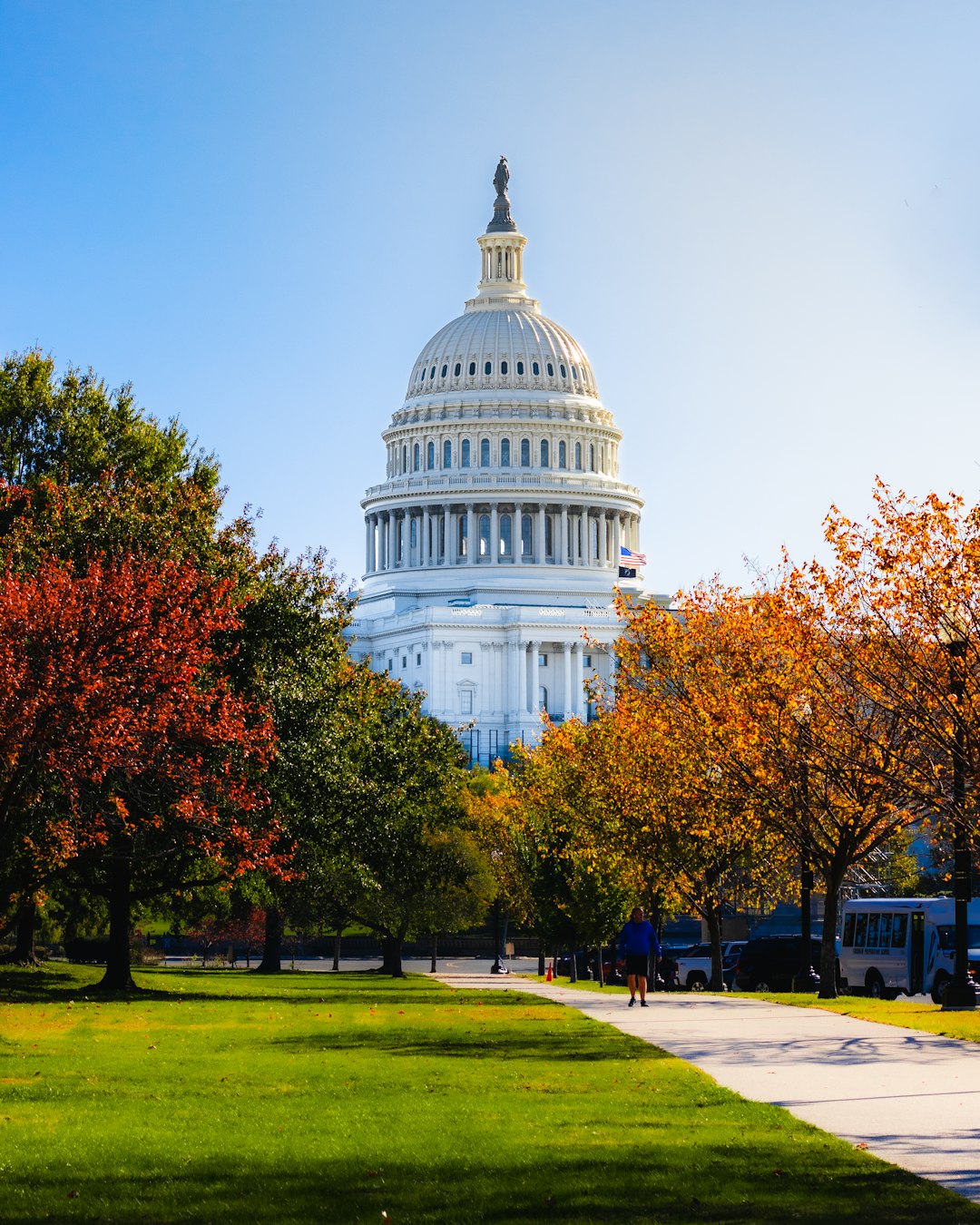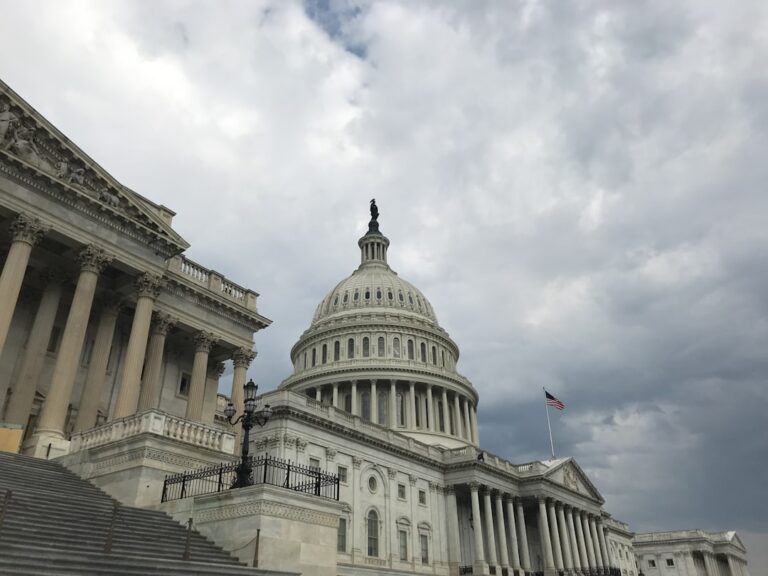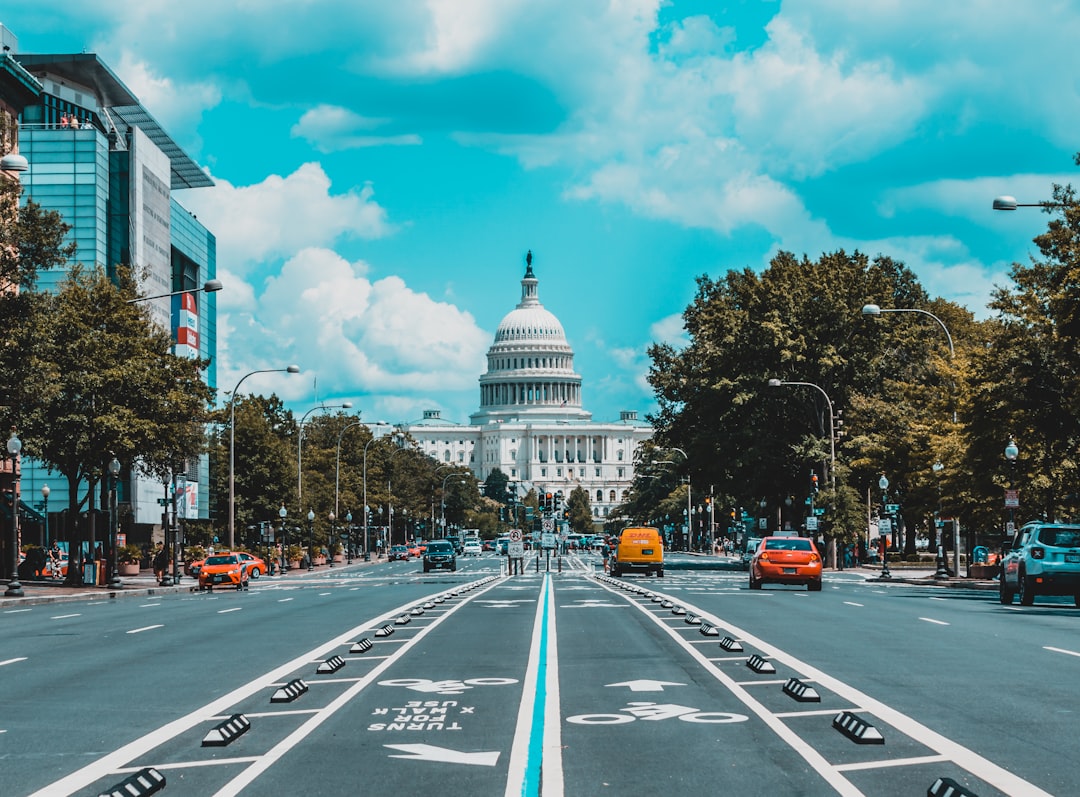In Washington State, schools have a legal obligation to protect minors from child abuse, including physical, emotional, sexual, and neglectful situations. Child abuse law firms emphasize the importance of staff training and mandatory reporting by educators to meet these requirements and safeguard students' well-being. Schools must promptly notify authorities to avoid liability and ensure student protection, with specialized law firms assisting parents in negligence cases related to child abuse.
Can schools be held liable for failing to report abuse? This question gains urgency in Washington State, where understanding child abuse laws is paramount. Child abuse law firms in Washington highlight the critical role of schools in identifying and preventing abuse. This article delves into Washington’s child abuse laws, the responsibilities of educational institutions, and explores potential legal liability for school negligence in abuse cases. By examining these factors, we aim to provide insights into the complex interplay between education and protection.
Understanding Child Abuse Laws in Washington State

In Washington State, child abuse laws are designed to protect minors from harm and ensure their well-being. The state has strict guidelines defining various forms of abuse, including physical, emotional, sexual, and neglect. Schools play a crucial role in identifying and reporting suspected cases, as they often serve as the first line of defense against potential abuse. Child abuse law firms in Washington emphasize that educators and staff members are legally obligated to report any instances of suspected child abuse or neglect. Failure to do so can have severe legal consequences for the school district.
The state’s laws require schools to have comprehensive policies and procedures in place for recognizing and reporting abuse. This includes training for staff, clear protocols for handling reports, and immediate notification to relevant authorities. Child abuse law firms serving Washington state highlight that these measures are not just recommendations but mandatory requirements to safeguard children under their care. Schools must ensure they meet these standards to avoid liability and effectively contribute to the protection of vulnerable students.
The Role of Schools in Reporting and Preventing Abuse

Schools play a pivotal role in identifying and reporting potential child abuse, as they are often the first line of defense against such heinous acts. In Washington state, child welfare laws mandate that schools must have procedures in place to recognize and report suspected cases of child abuse or neglect. This includes any observations or knowledge of physical, emotional, or sexual abuse, as well as instances where a student’s safety or well-being is at risk. Failure to adhere to these protocols can have severe legal implications for educational institutions.
Child abuse law firms in Washington often emphasize the importance of proactive measures by schools. This involves staff training programs to recognize signs of abuse and mandatory reporting policies that encourage open communication among teachers, administrators, and other personnel. By fostering a culture of vigilance and accountability, schools can ensure that potential cases of child abuse are promptly reported to the appropriate authorities, ultimately protecting vulnerable students.
Exploring Legal Liability for School Negligence in Abuse Cases

In cases of child abuse, the question of legal liability for schools’ negligence is a complex and sensitive issue. Schools, as institutions entrusted with the care and education of children, have a duty to ensure a safe environment free from harm, including reporting and addressing instances of child abuse. When there is a failure to meet this standard, it can lead to severe consequences for the victim and potential legal repercussions for the school. Washington state’s child abuse laws are designed to protect minors and hold accountable those who neglect or abuse them, including educational institutions.
Child abuse law firms in Washington often take on cases involving school negligence, advocating for victims and their families. These legal professionals can guide parents and guardians through the process of understanding their rights and seeking justice when a school fails to report or prevent abuse. By examining the specific circumstances of each case, these experts analyze whether the school exhibited negligence, such as inadequate training, supervision, or policies, which contributed to the abuse. The consequences of established negligence can include compensation for damages, changes in school policies, and increased awareness programs to better protect students.





